
Celebrating 7 years of The Narwhal — and gearing up for the next 7
Between a fresh take on engagement and our new life on video, our team is...
Shell Canada told Canadians if they used the company’s app to buy fuel at its gas stations, they could “drive carbon neutral.”
Enbridge Gas told Canadians natural gas made from fossil fuels could be considered “clean energy” and “low carbon.”
Six oilsands companies told Canadians they were “making clear strides toward net zero.”
These claims showed up in advertisements and other public messaging found everywhere from Canada’s Super Bowl broadcast to public transit to cell phone screens and people’s mailboxes.
And according to complaints filed with the federal Competition Bureau, they were all examples of “greenwashing.”
Greenwashing is when companies make their products or practices appear more environmentally friendly than they really are. These kinds of deceitful portrayals can range from slight exaggerations to outright lies.
They can take the form of companies using vague terms like “sustainable,” cherry-picking facts to present an incomplete but rosy picture of a product’s effect on the environment, or publicly promoting green initiatives while privately lobbying against government climate policy.
When it comes to the oil and gas sector, getting the details right on a product’s environmental claims is critical because fossil fuel usage harms the environment. It can also harm human health, significantly impacting women, children and seniors, as well as racialized, low-income and Indigenous Peoples.
The global oil and gas industry has known about the impact of burning fossil fuels since the 1960s, and was funding research into the effects of emissions on the climate as early as 1954, so it has had plenty of time to fact check its advertising.
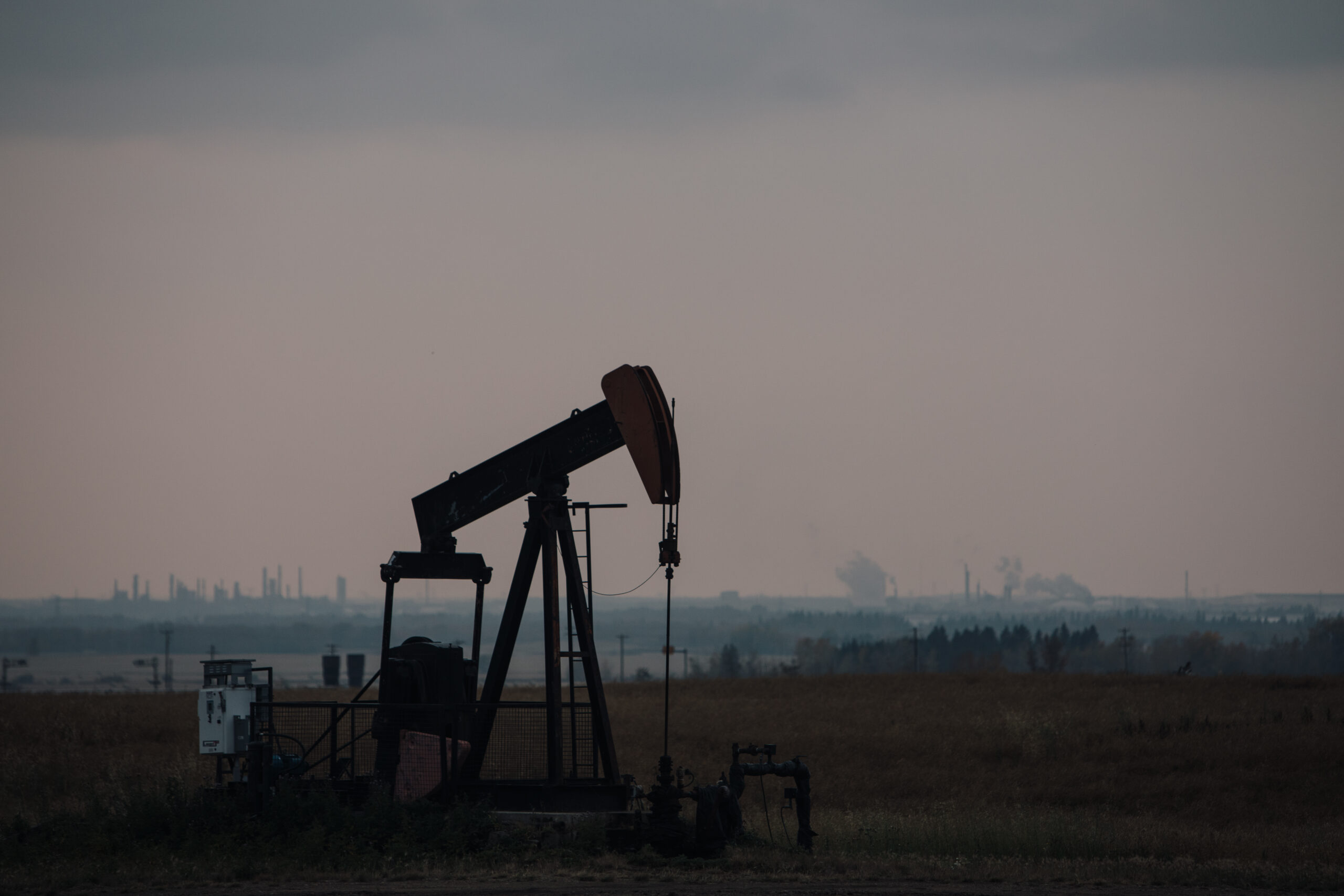
The Competition Bureau is an independent agency that investigates, among other things, deceptive marketing practices, which include greenwashing techniques. The bureau is seeing an upsurge in these kinds of claims, it told The Narwhal.
Commissioner of Competition Matthew Boswell has called greenwashing a form of “eco-fraud” — and he’s warned it could be illegal. The federal Competition Act has rules against “false or misleading” claims that promote products or services.
These claims can come in the form of advertisements, but they can also be found in material inside stores, written in emails or posted on websites or on social media, among other locations, according to the bureau.
Cracking down on deceptive marketing that includes misleading or unsubstantiated environmental claims is a “priority” for the Competition Bureau, spokesperson Marianne Blondin confirmed.
“The Bureau takes deceptive environmental claims seriously. Should we find evidence of conduct contrary to the law, we will take appropriate action,” Blondin said in an emailed response to questions.
The penalty for false or misleading representations can be serious, such as fines or jail time, but it can also be as simple as a court ordering that the conduct in question stop. Coffee pod maker Keurig Canada reached a $3-million settlement in 2022 after the Competition Bureau found the company’s claims about recycling were false or misleading in certain cases.
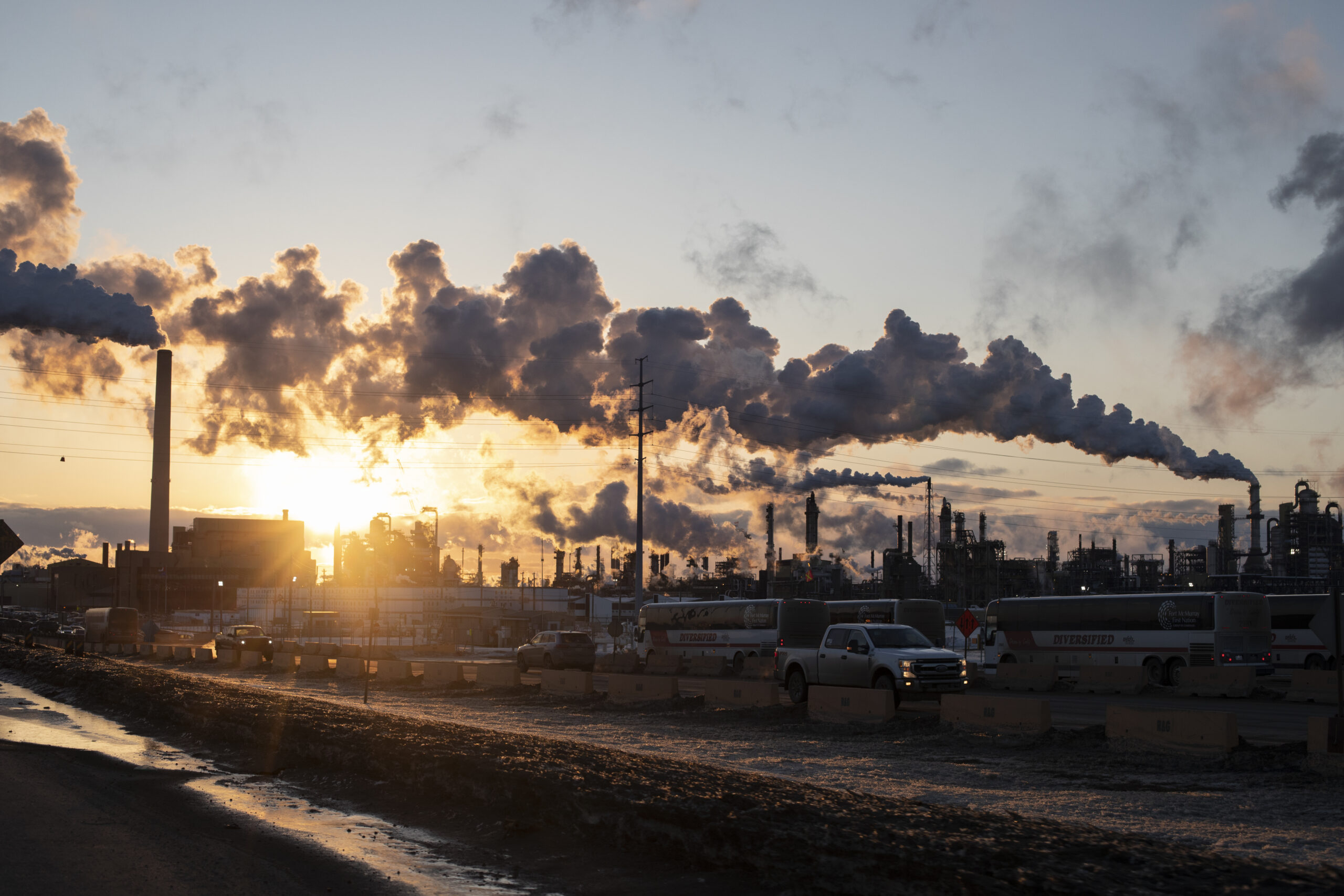
But while it can impose penalties after the fact, there’s little the Competition Bureau can do to prevent greenwashing in the first place. Governments around the world are looking to come up with more specific rules to minimize the problem. Last year, the European Union passed new rules requiring companies to prove their claims about products marketed as environmentally friendly, natural, biodegradable or climate neutral that will come into effect in 2026.
In Canada, the federal government has also introduced new legislation that, if passed, would force businesses to back up green product claims with evidence.
As Canadians seek out eco-conscious products and services, the Competition Bureau is concerned greenwashing may harm “competition and innovation” because it results in people making less educated choices for themselves and their families. It means businesses that do offer genuinely sustainable products may lose potential customers to dirtier competitors, the bureau said. Environmental Defence, for example, has argued that greenwashing over natural gas could lead consumers to rely on fossil fuels for heating over heat pumps.
The Competition Bureau is currently investigating several complaints of greenwashing in Canada. Several of these complaints concern the ways companies talk about natural gas, a term that originated in the Industrial Revolution to distinguish gas that exists naturally underground, made up mostly of methane, from gas that was manufactured from coal.
There are longstanding concerns the oil and gas industry has exploited the word “natural” to suggest the gas is a clean and safe source of energy, when scientific studies have shown methane poses a danger to human health and to the climate — a fact many of these complaints reiterate to the Competition Bureau.
While the bureau found that Keurig Canada’s claims were false or misleading in some circumstances, there has been no finding of wrongdoing against any of the other organizations named in the complaints at this time.
Here’s everything you need to know about the organizations under scrutiny.
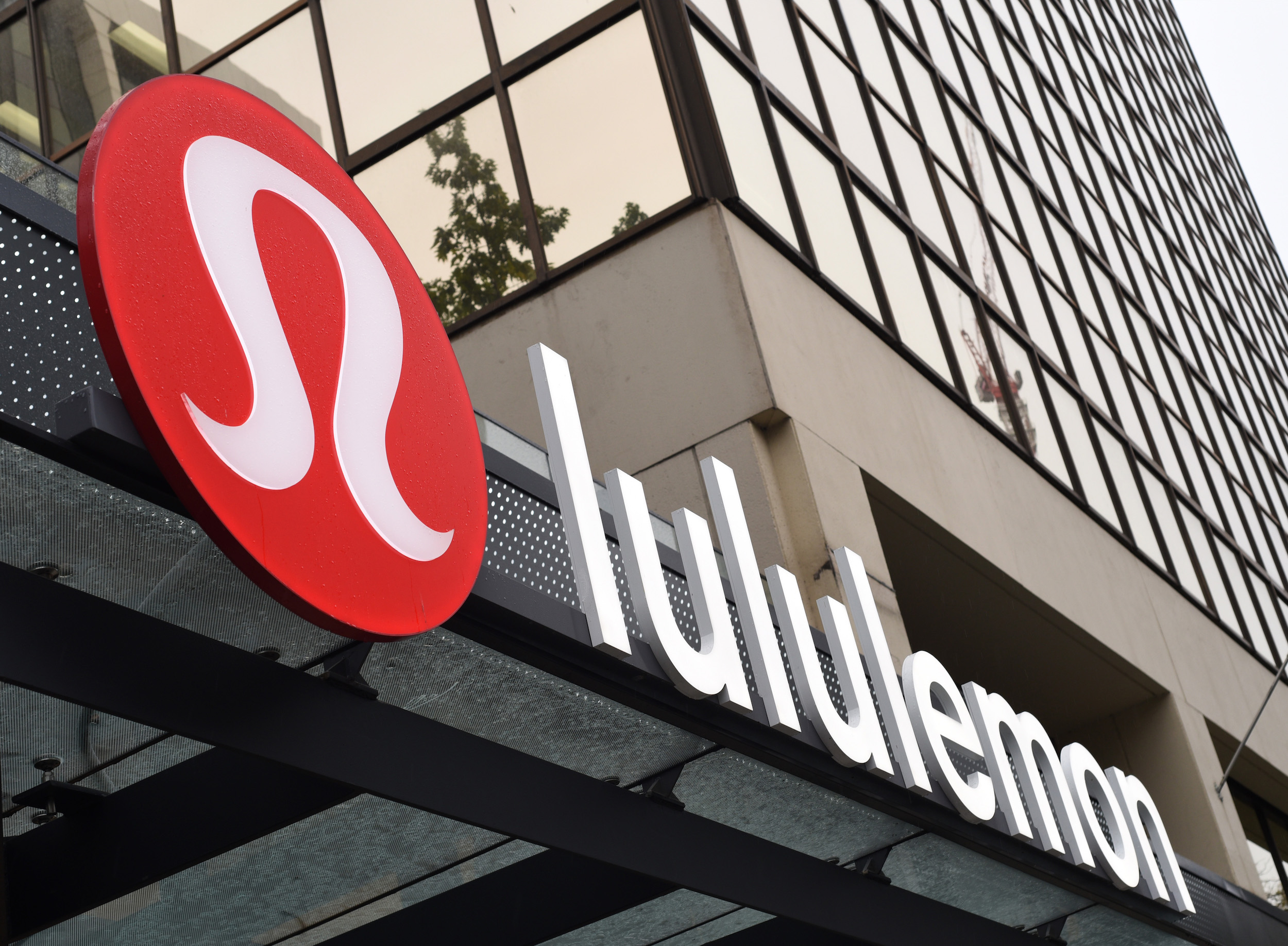
Greenwashing allegations:
Fashion retailer Lululemon, best known for its yoga pants, has promoted a campaign called “Be Planet” where it says its “products and actions avoid environmental harm and contribute to restoring a healthy planet.”
This week, Stand.earth said it would file a complaint about the company with the Competition Bureau, alleging in a press release that Lululemon’s business practices were “inconsistent with its public claims to be an environmentally positive company.”
Although Lululemon has set targets to reduce its impact on the environment, Stand.earth argued the company has seen “exponential growth” through the use of fossil fuel-driven manufacturing and materials development. It said the company’s own sustainability report showed its emissions had grown significantly since introducing the “Be Planet” slogan. Yoga practitioners have also called on the company to transition away from factories powered by coal.

Company’s response:
A statement sent to The Narwhal, from a spokesperson representing the company, said Lululemon is “focused on helping to create a garment industry that is more sustainable and addresses the serious impacts of climate change.”
The company said it is committed to its decarbonization plan and “making tangible investments to meet our 2030 climate goals on the path to being a net-zero company by 2050” and noted it had achieved 100 per cent renewable energy in its own operations.
Lululemon also argued that tackling the climate crisis “requires supply chain collaboration, investment, and transparency” and it said it is working with its suppliers and others to “accelerate collective climate action. ” The company’s full statement can be read here.
Status of investigation:
Not yet opened.
As of Feb. 9, this complaint had not yet been officially filed with the Competition Bureau. Blondin from the bureau said that, “as the bureau is obligated by law to conduct its work confidentially, we cannot provide any details related to this matter.”
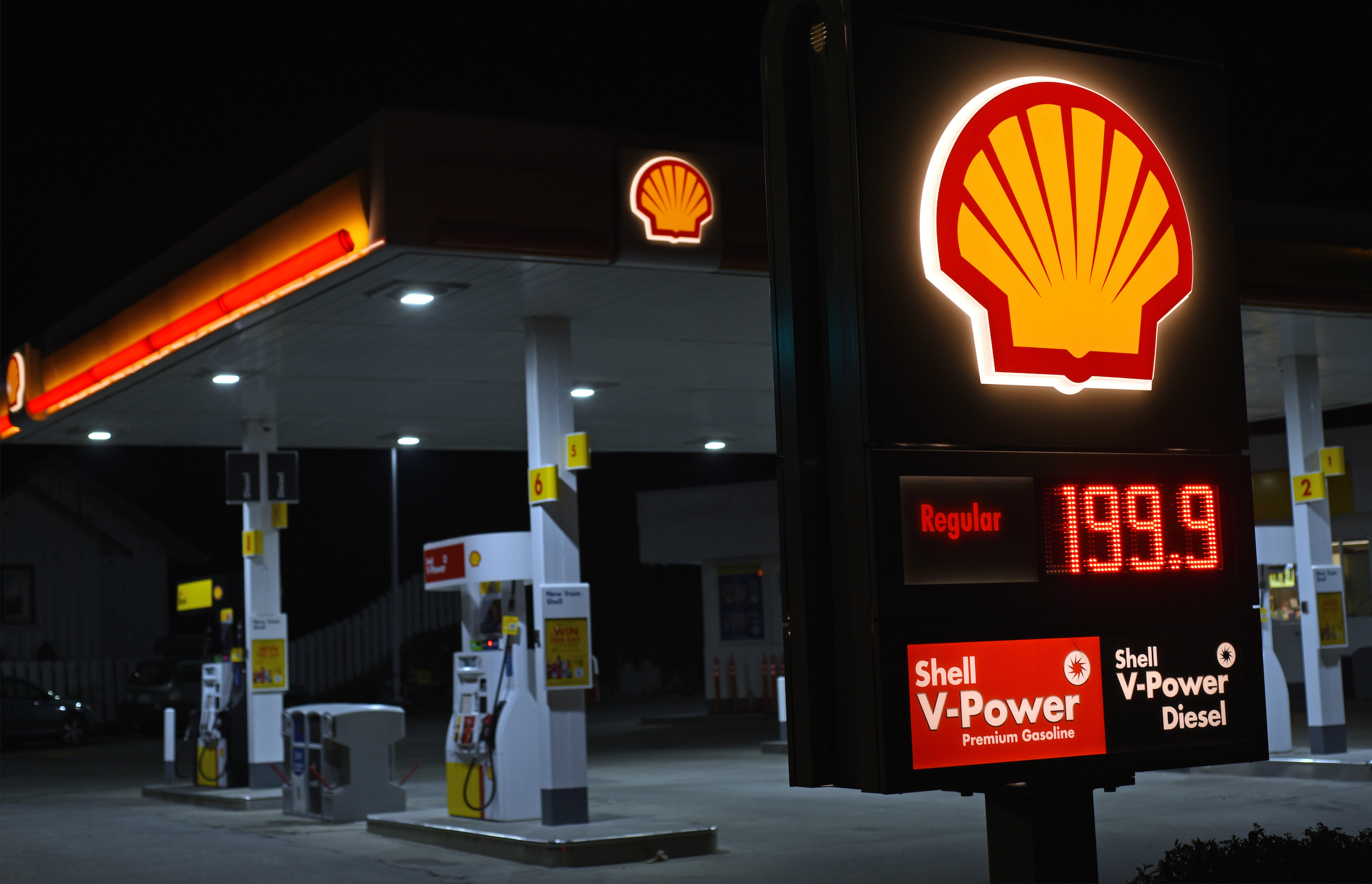
Greenwashing allegations:
Shell Canada, the large oil and gas company that also operates gas stations across the country, launched a program in 2020 called “Drive Carbon Neutral.” The program told customers the carbon pollution associated with fuel bought at its gas stations would be “offset” by an equivalent amount of carbon credits from forest conservation projects.
The concept of offsets is that companies or consumers make up for creating carbon in one place by reducing it in another. But many offset programs are complicated, opaque and viewed with skepticism. Greenpeace Canada said in its November 2021 complaint there were “concerns with the validity of the offset claims for each of the three projects” Shell was relying on. In one case, the area under conservation was being overstated, while in another case, it was being reduced by deforestation, according to Greenpeace. Greenpeace also said that in the third project, lands had already been counted as protected before the offset project counted them again.
As well, Greenpeace argued that forest offsets in general can be unreliable as a method of fighting climate change. They remove carbon at a much slower pace than vehicles put emissions into the air, and can actually produce emissions if they succumb to wildfires or other threats. Greenpeace said it was difficult for consumers to judge how rigorously Shell was verifying that the credits it was purchasing were leading to genuine offsets, so evidence of its claim of carbon neutrality couldn’t be independently assessed.
“This program uses greenwashing to distract from the need to reduce the use of Shell’s fossil fuel products and for Shell to take their own actions to reduce greenhouse gas emissions,” Greenpeace wrote.
Company’s response:
Shell Canada initially defended the program in 2021, but has since dropped it. That year, a Dutch ad watchdog told the company to pull a similar ad campaign in the Netherlands. In 2023, Shell Canada’s parent company backed away from carbon offsets.
Shell Canada told The Narwhal it made the decision to end the “Drive Carbon Neutral” program in Canada in November 2023.
“Our focus remains on providing our customers with the most competitive offers, including low-carbon alternatives that keep pace with consumer demand,” a Shell spokesperson said in an email. “We routinely evaluate our programs with a lens on customer value, market performance and business objectives.”
The company also said it follows advertising standards and regulations. “We are investing in lower carbon products and offers for our customers and that means letting them know through advertising or social media what products or services we offer now or are developing so they can make a choice that is right for them,” said the spokesperson.
Status of investigation:
Closed.
In December 2023, the Competition Bureau told Greenpeace in a letter that since the “Drive Carbon Neutral” program no longer appeared on Shell’s website or app, it was closing its “examination” of the matter.
Greenpeace issued a statement in January claiming “victory.” The Competition Bureau said it couldn’t confirm details about the case to The Narwhal due to the confidentiality provision of the Competition Act.
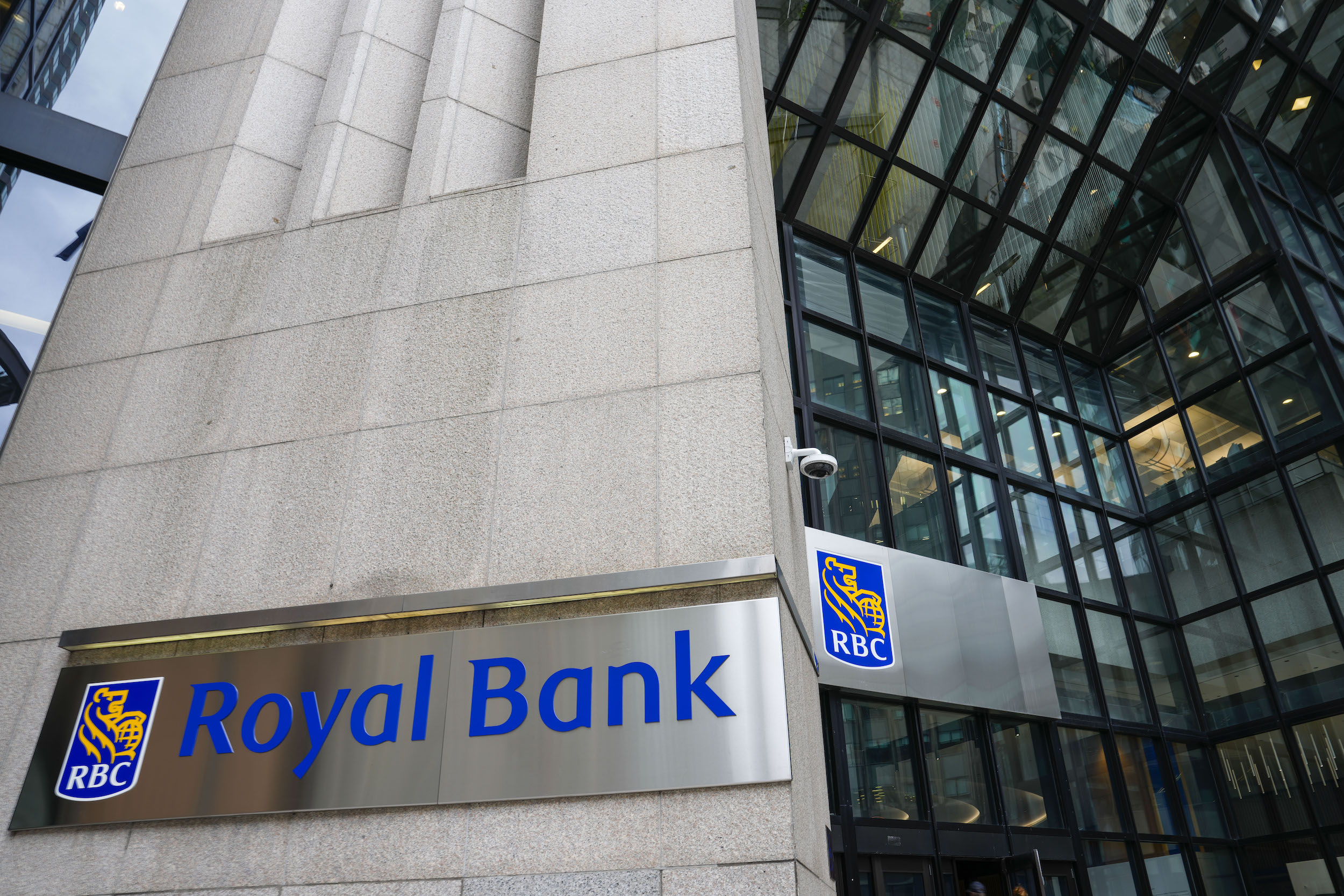
Greenwashing allegations:
The country’s largest bank, Royal Bank of Canada, or RBC, has marketed itself as supporting the principles of the Paris Agreement on climate change and achieving net-zero emissions in its lending by 2050. The bank released a “climate blueprint” outlining a commitment to “help clients as they transition to net-zero,” reduce its own emissions and other measures. It promoted this “blueprint” in an online video featuring images of windmills, solar panels and electric vehicle charging stations.
Ecojustice’s June 2022 complaint said the bank’s financing of the fossil fuel industry outweighs these commitments. In 2021, the year Royal Bank of Canada committed to achieving net-zero, it ranked fifth worldwide for fossil fuel financing, according to the Rainforest Action Network.
“RBC undermines the achievement of the Paris Agreement goals – and invalidates its own representations — by providing tens of billions of dollars annually in loans, underwriting, and investment to support and expand the fossil fuel industry, including in 2021,” Ecojustice wrote. It said net-zero commitments by companies “with no current actions or credible plans for achieving these promises” were a “growing form of greenwashing.”
Company’s response:
Royal Bank of Canada “strongly disagrees” with the complaint’s allegations and “believe[s] the complaint to be unfounded and that RBC’s representations were, and remain, neither false nor misleading,” a spokesperson said in a statement sent to The Narwhal on Feb. 2. “We continue to be committed to advancing progress on our climate strategy and working toward solutions to help Canada meet its net-zero commitments,” the spokesperson added.
Status of investigation:
Open.
The Competition Bureau told Ecojustice it was opening an investigation in September 2022. As of Jan. 31, this investigation was still ongoing, the bureau confirmed to The Narwhal.
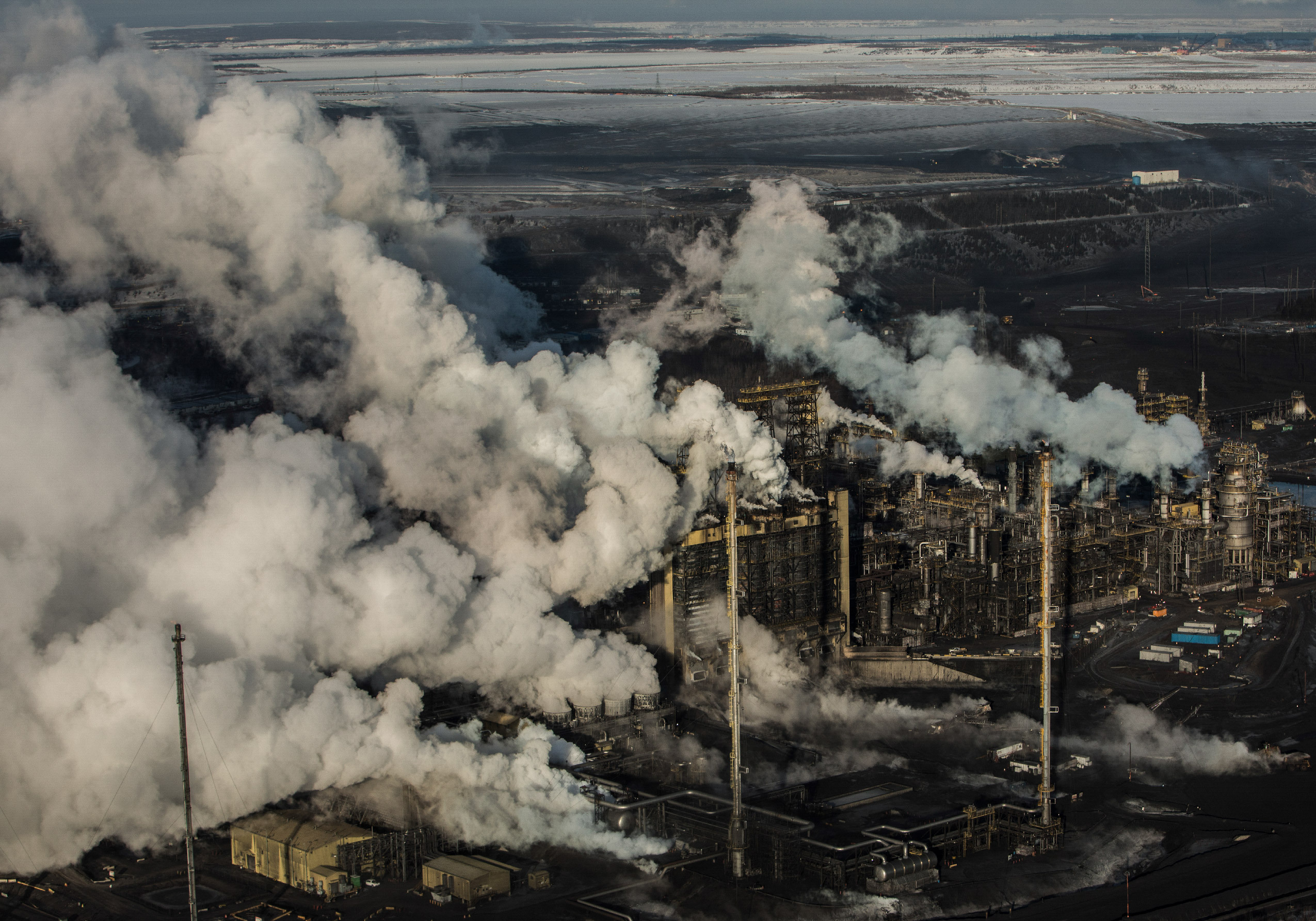
Greenwashing allegations:
In 2022, the Canadian Gas Association — whose members include companies such as Enbridge Inc., FortisBC and ATCO — launched an advertisement campaign titled “Fuelling Canada.”
The Canadian Association of Physicians for the Environment filed a complaint in September 2022 alleging that claims it said were in the campaign were false and misleading. The physicians group said the claims included calling methane-heavy natural gas “clean,” “sustainable,” “budget-friendly,” and “good for the planet, for human health and for our wallets.” The group asked the Competition Bureau to make the companies stop advertising gas as clean and safe and pay a $10-million fine.
“Mounting evidence indicates that natural gas is dangerous for the environment and for human health and that we need to phase out gas use to address climate change,” the complaint alleges. The physicians group cited many studies that showed how natural gas pollutes the air and contaminates water and that natural gas stoves in homes increase the risk of respiratory illnesses, especially among children.
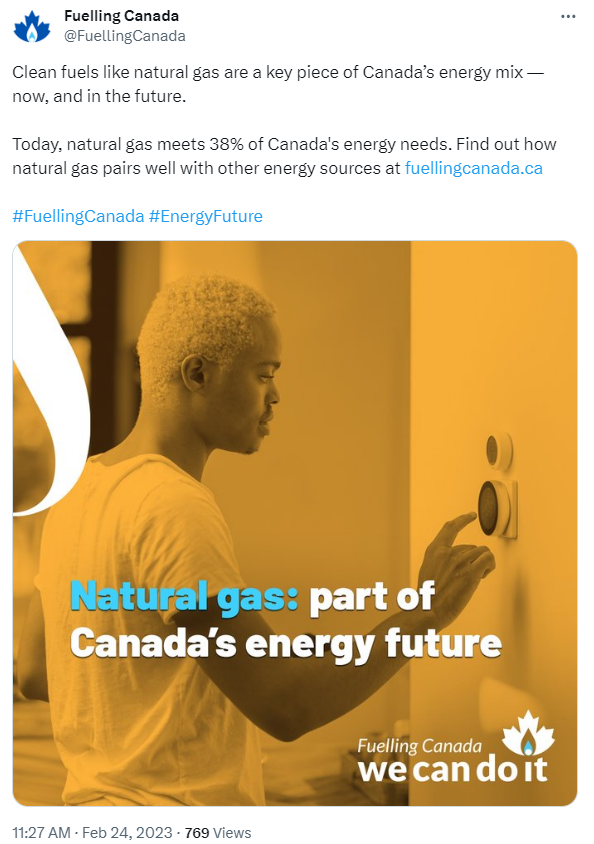
The association’s ads do not illustrate these impacts, or convey that methane-heavy gas is a harmful pollutant. “Natural gas burns cleaner than any other fuel, so Canada can breathe easy,” reads one ad.
The complaint also notes that the association’s claims of gas being “budget friendly” is misleading because low-carbon heat pumps have been proven to be cheaper. The physicians group argues such advertising could lock in low-income customers to harmful methane-heavy gas and higher costs for a lifetime.
Company’s response:
Canadian Gas Association president Timothy Egan told Financial Post in November 2022 the group would co-operate with the bureau’s investigation and is confident in its position. “Canadians need access to energy they can count on, and natural gas meets that need,” he said. On Feb. 5, a spokesperson for the association told The Narwhal the company could not comment on the ongoing investigation.
Status of investigation:
Open.
The Competition Bureau confirmed it would be investigating in November 2022. As of Jan. 31, this investigation was still ongoing, the bureau confirmed.

Greenwashing allegations:
The Sustainable Forestry Initiative is a non-profit based in Ottawa and Washington, D.C. Through its large certification scheme, the organization reviews logging operations to determine if they are “sustainable.” Products containing wood fiber sourced from companies the initiative deems sustainable can be affixed with labels telling potential customers the product is from “certified forests.”
In November 2022, Ecojustice, on behalf of a group of advocacy organizations, complained to the Competition Bureau that the Sustainable Forestry Initiative’s standard “does not prescribe or require that logging meet any definition of ‘sustainable’” and is “vague, unclear and not mandatory.” They argued the standard still allows activities like clearcutting and logging of old-growth forests, and as such essentially amounted to a marketing tool for companies.
“The misrepresentations made by the Sustainable Forestry Initiative have contributed and continue to contribute to unsustainable logging globally and in Canada on an immense scale,” the group wrote in its complaint.
Company’s response:
A spokesperson directed The Narwhal to the organization’s December 2022 response to Ecojustice’s complaint. The response argues the complaint has “no merit” and defends the organization’s standard as “designed to be used by professionals at certification bodies and certified organizations.”
Even so, the organization said it would “still review all concerns and determine if there are areas we can improve upon.” It said the Sustainable Forestry Initiative “welcome(s) any scrutiny into our program and are positioned well to address any issues.”
Status of investigation:
Open.
In February 2023, the group of complainants led by Ecojustice announced it had received word the Competition Bureau had launched an investigation. As of Jan. 31, this investigation was still ongoing, the bureau confirmed.
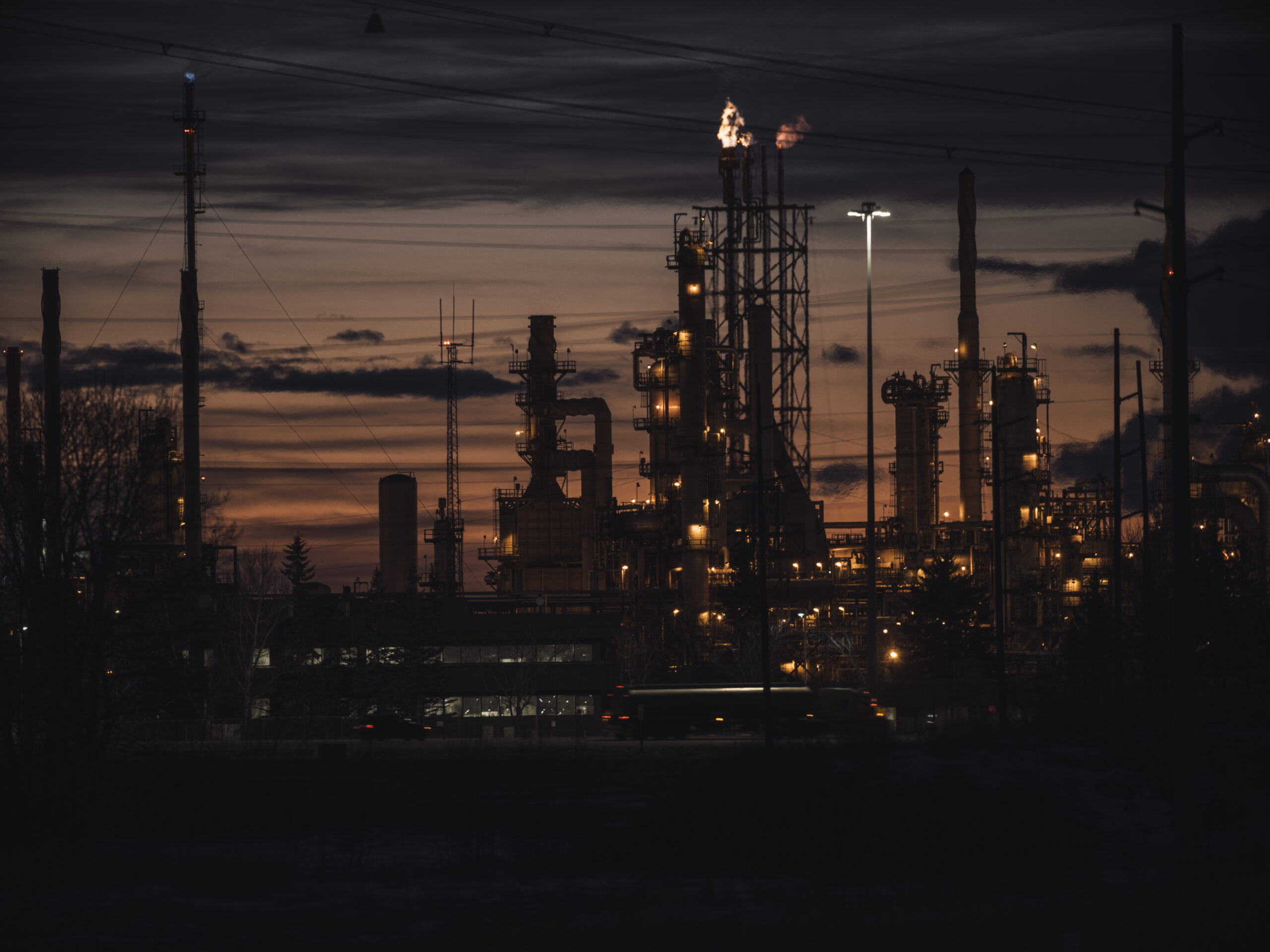
Greenwashing allegations:
The Pathways Alliance industry association of six large oilsands producers — Suncor, Cenovus, Imperial Oil, Canadian Natural Resources, ConocoPhillips Canada and MEG Energy — formed in 2021. It has lobbied for government support to build a major project to capture emissions from oilsands operations and store them underground. To promote this plan, Pathways advertised during a 2023 Super Bowl broadcast in Canada, as well as on public transit, on social media and on TV, sending the message the six companies were “making clear strides toward net zero.”
Greenpeace Canada’s March 2023 complaint says that because the companies have no plans to phase out oil production, the group’s net-zero promise only refers to the carbon pollution its members make as they extract the oil — not the pollution from burning the products made from the oil, like gasoline, which is where the vast majority of oil’s life cycle emissions come from. The Competition Bureau has said environmental claims should consider a product’s life cycle, and the UN’s Net-Zero Expert Group says corporations cannot claim to be net zero while investing in new supplies of fossil fuels.
The alliance represents some of the largest and most profitable corporations in Canada, yet it wants significant public funding to help offset the costs of its proposal.
“They give the impression that the Pathways Alliance is a climate leader and that their actions will clear pollution when they are not taking actions that do so,” Greenpeace argued in its complaint.
Company’s response:
The Pathways Alliance “strongly disagrees with the assertions in the Greenpeace complaint,” it told the Toronto Star. The alliance’s website says its goal is to “reduce the environmental and social impacts of oilsands operations.” A spokesperson for the alliance did not respond to The Narwhal’s requests for comment.
Status of investigation:
Open.
The Competition Bureau told Greenpeace in April 2023 it had opened an investigation. Last fall, Greenpeace submitted an addendum to the bureau, saying it had noticed in August that the alliance had “amended their website to dramatically narrow their claims.”
Greenpeace argued that the bureau should not drop its investigation as a result, because “the damage has been done” in terms of misleading Canadians. As of Jan. 31, this investigation was still ongoing, the bureau confirmed.
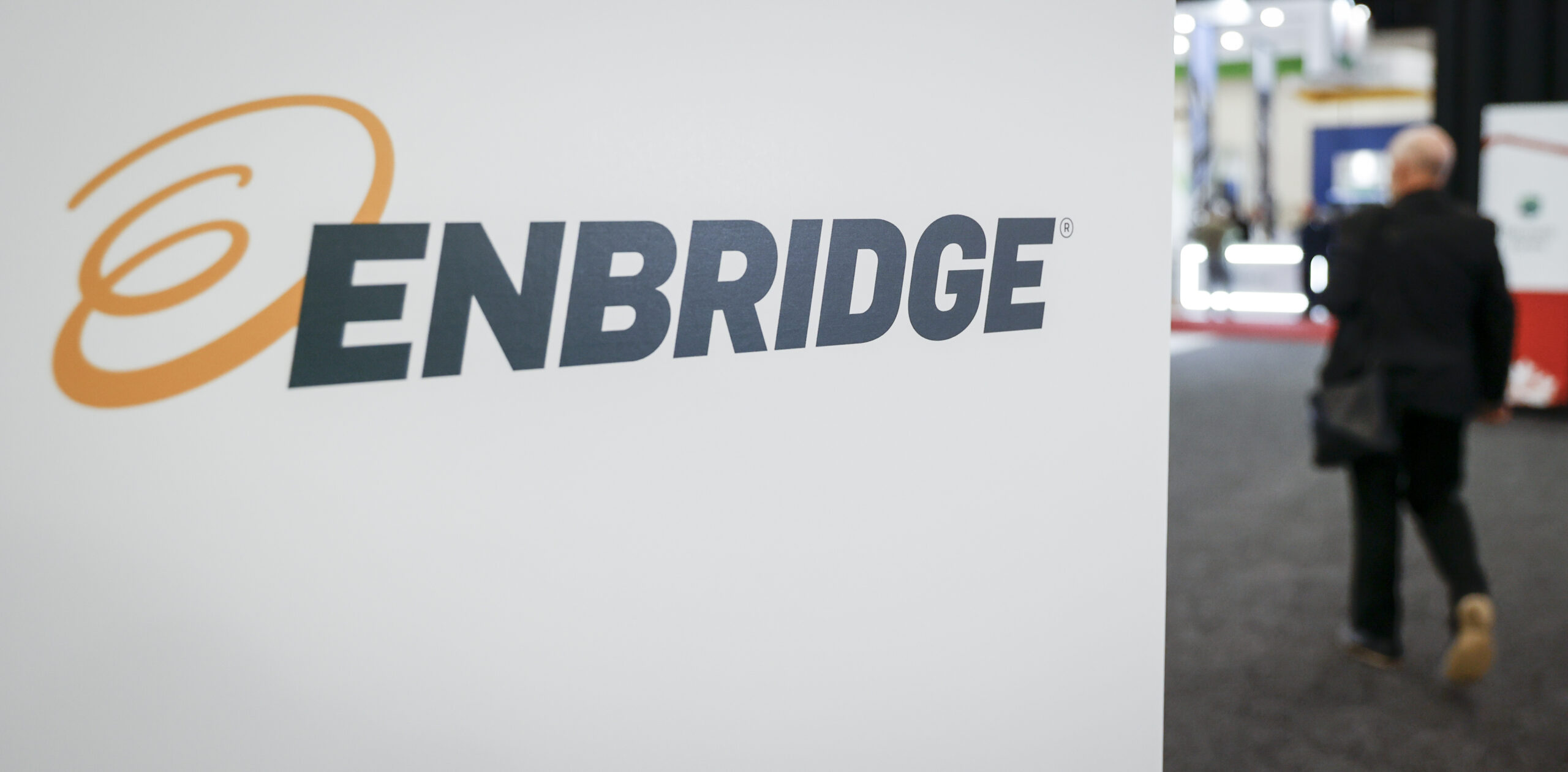
Greenwashing allegations:
Calgary-based Enbridge Gas has a near-monopoly over natural gas operations in Ontario. It owns almost all pipelines in the province, serving 99.7 per cent of homeowners that require natural gas for heating and cooling. But things are shifting: as government commitments to curb fossil fuel emissions progress, homeowners are looking to shift to electricity-powered heating and cooling solutions, or heat pumps.
In light of this, Enbridge Gas has been targeting a marketing campaign at homeowners in communities where it has recently expanded its gas distribution network. The energy giant has advertised methane-heavy natural gas as “clean energy” and “low carbon.” In one instance, the company says “natural gas is cleaner than other fuels and can help reduce your home’s carbon footprint.” But the methane in natural gas is a strong heat-trapping compound that accounts for a third of Ontario’s emissions.
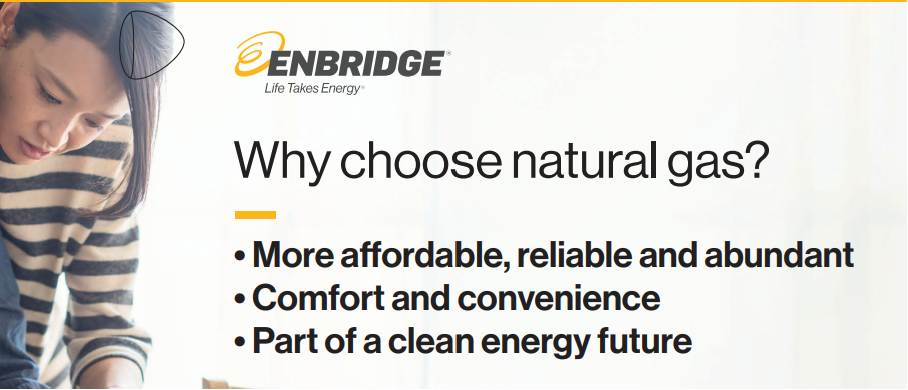
In June 2023, Environmental Defence, along with other groups and residents targeted by these ads, submitted a complaint that said Enbridge Gas’s assertion gas is “the most cost-effective way to heat your home and water” is not true, as heat pumps are cheaper for most Canadian homes. As well, an increase in people heating their homes with natural gas leads to an increase in both energy costs and greenhouse gas pollution, they argued.
Environmental Defence asked the Competition Bureau to prohibit Enbridge Gas from sending these advertisements to residents in communities in gas expansion areas. It also wants the company to have to tell customers about the cost-effectiveness of heat pumps versus methane gas.
“Enbridge’s marketing materials combine both falsehoods about the true cost of
heating with gas and deceptive greenwashing,” the complaint says. “Consumers are highly susceptible to these falsehoods and deceptive messages because heat pump awareness is very low among most Ontarians.”
Company’s response:
“No thank you, we will pass,” Enbridge spokesperson Leanne McNaughton told The Narwhal, in response to questions about the company’s response to the allegations in the complaint.
Status of investigation:
Open.
In January 2024, the Competition Bureau said it was investigating the issue. As of Jan. 31, this investigation was still ongoing, the bureau confirmed.
Greenwashing allegations:
The Canadian Standards Association develops standards across a range of industries from construction to health care, public safety and the environment. In 2021 it published the latest version of a forestry certification standard called “Sustainable Forest Management.” The standard was meant to ensure “continual improvement” of “forest management performance.”
Ecojustice, on behalf of Stand.earth and the Ancient Forest Alliance, filed a complaint with the Competition Bureau July 2021 claiming the standard would allow wood products from logging, including from old-growth forests in B.C., to be classified as sustainable. Ecojustice said this did not align with “internationally accepted definitions of the term ‘sustainable forest management’ ” and the standard was “highly discretionary” in that companies involved were allowed to determine their own stringency.
Company’s response:
The standard has been withdrawn, according to the Canadian Standards Association’s website. The association did not respond to questions from The Narwhal.
Status of investigation:
Unclear.
The Competition Bureau confirmed it received the complaint from Ecojustice regarding the standard, but said it could not provide further details.
Get the inside scoop on The Narwhal’s environment and climate reporting by signing up for our free newsletter. On a warm September evening nearly 15...
Continue reading
Between a fresh take on engagement and our new life on video, our team is...

The public has a few days left to comment on Doug Ford’s omnibus development bill....

115 billion litres, 70 years to fix, $5.5 billion in lawsuits
